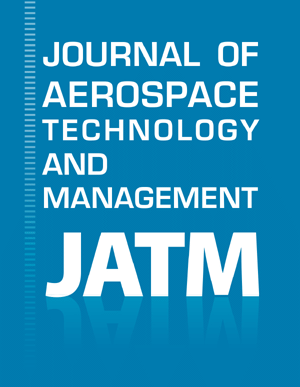ABSTRACT
India and Indonesia propose a bilateral cooperation to develop and operate telemetry, tracking, and control (TCC) ground stations to support satellite missions on geostationary orbits with the use of Geostationary Satellite Launch Vehicle (GSLV) since 1997, in order to master and commercialize space technology. This cooperation needs to be assessed in order to identify how it will affect Indonesia and India and to establish an improvement strategy for improved business and ways to integrate. The objectives of this paper are to (i) evaluate the benefits and cost of this cooperation, (ii) map the business model of the telemetry, tracking and command ground station in Biak, and (iii) design a new strategy to get competitiveness. Descriptive analysis with canvas mapping and transaction cost perspective is the approach utilized. The article’s results highlight that (i) Indonesia and India have mutual benefits from tangible and intangible side, (ii) Indonesia has a competitive advantage due to its geographic location and commercialization of Biak Ground Station, so its potential to Telemetry, Tracking, and Command (TT&C) commercial businesses in the future, not only to domestic, but also international market, and (iii) Indonesia needs collaborate with commercial entities and making optimum diplomation with G2B schema to get beneficially among parties to maximize TT&C infrastructure in Biak Island.
Keywords
Bilateral cooperation; Biak Ground Station; Indonesia; Evaluation; Strategy

 Thumbnail
Thumbnail
 Source: Elaborated by the author.
Source: Elaborated by the author.